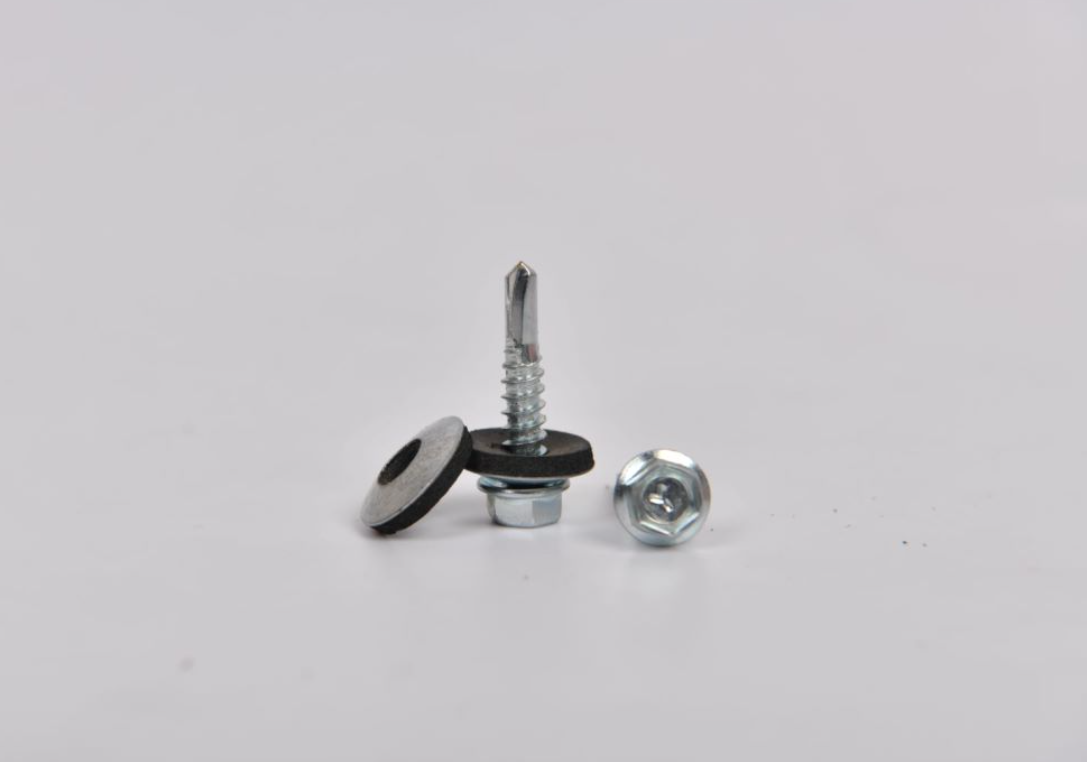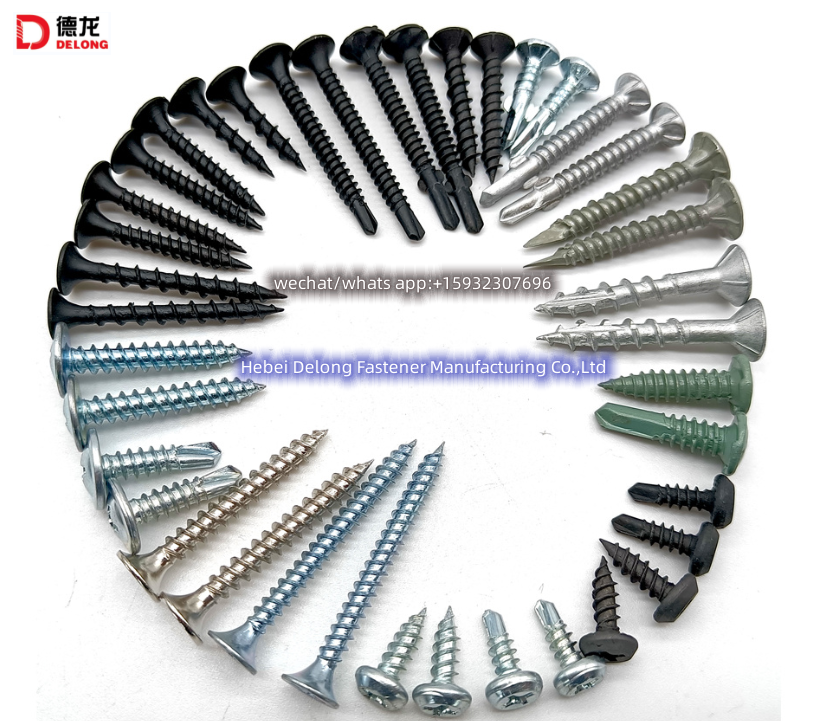Feb . 15, 2025 16:46
Back to list
FLAT WASHER
Understanding the importance of quality and standards in industrial components is pivotal for engineers and procurement specialists. Among these components, the flat washer, though small, plays a vital role in numerous applications, especially when it conforms to standards like ASME B18.21.1. This crucial standard ensures that washers meet the rigorous demands of various industries, offering reliability and efficiency.
Trustworthiness in industrial components cannot be overstated. A key benefit of utilizing ASME B18.21.1 flat washers is the assurance of compatibility and performance. They are designed and tested to meet specific mechanical properties and dimensional accuracy, reducing the risk of fastener failure. Procurement decisions that prioritize these standards often result in fewer defects, enhanced product resilience, and prolonged service life, building trust between suppliers and clients. Furthermore, the use of ASME B18.21.1 flat washers facilitates compliance with international manufacturing standards, as many global markets recognize ASME standards. This compliance is vital for companies that export machinery and equipment, ensuring seamless operations without needing to redesign components for different regional standards. Real-world case studies illustrate that investments in standardized components like ASME B18.21.1 washers yield substantial returns in cost efficiency and system reliability. Companies adopting these washers report fewer machinery downtimes and repairs, translating into consistent production schedules and reduced operational expenditures. This level of reliability becomes a competitive advantage, underpinning the company’s reputation for quality and dependability. In conclusion, ASME B18.21.1 flat washers encapsulate the intersection of engineering excellence and practical efficiency, aligned with rigorous industry standards. Their role in enhancing joint integrity, distributing loads, and preventing material degradation is indispensable across a plethora of applications. Choosing ASME-compliant washers not only reaffirms a commitment to quality but also ensures alignment with global engineering benchmarks. Whether in automotive assembly lines or heavy industrial machinery, these washers stand as a testament to the sophistication and reliability that standardized components can deliver.


Trustworthiness in industrial components cannot be overstated. A key benefit of utilizing ASME B18.21.1 flat washers is the assurance of compatibility and performance. They are designed and tested to meet specific mechanical properties and dimensional accuracy, reducing the risk of fastener failure. Procurement decisions that prioritize these standards often result in fewer defects, enhanced product resilience, and prolonged service life, building trust between suppliers and clients. Furthermore, the use of ASME B18.21.1 flat washers facilitates compliance with international manufacturing standards, as many global markets recognize ASME standards. This compliance is vital for companies that export machinery and equipment, ensuring seamless operations without needing to redesign components for different regional standards. Real-world case studies illustrate that investments in standardized components like ASME B18.21.1 washers yield substantial returns in cost efficiency and system reliability. Companies adopting these washers report fewer machinery downtimes and repairs, translating into consistent production schedules and reduced operational expenditures. This level of reliability becomes a competitive advantage, underpinning the company’s reputation for quality and dependability. In conclusion, ASME B18.21.1 flat washers encapsulate the intersection of engineering excellence and practical efficiency, aligned with rigorous industry standards. Their role in enhancing joint integrity, distributing loads, and preventing material degradation is indispensable across a plethora of applications. Choosing ASME-compliant washers not only reaffirms a commitment to quality but also ensures alignment with global engineering benchmarks. Whether in automotive assembly lines or heavy industrial machinery, these washers stand as a testament to the sophistication and reliability that standardized components can deliver.
Next:
Prev:
Latest news
-
Top Choices for Plasterboard FixingNewsDec.26,2024
-
The Versatility of Specialty WashersNewsDec.26,2024
-
Secure Your ProjectsNewsDec.26,2024
-
Essential Screws for Chipboard Flooring ProjectsNewsDec.26,2024
-
Choosing the Right Drywall ScrewsNewsDec.26,2024
-
Black Phosphate Screws for Superior PerformanceNewsDec.26,2024
-
The Versatile Choice of Nylon Flat Washers for Your NeedsNewsDec.18,2024
Related News










